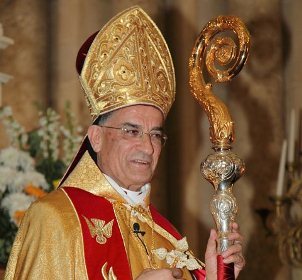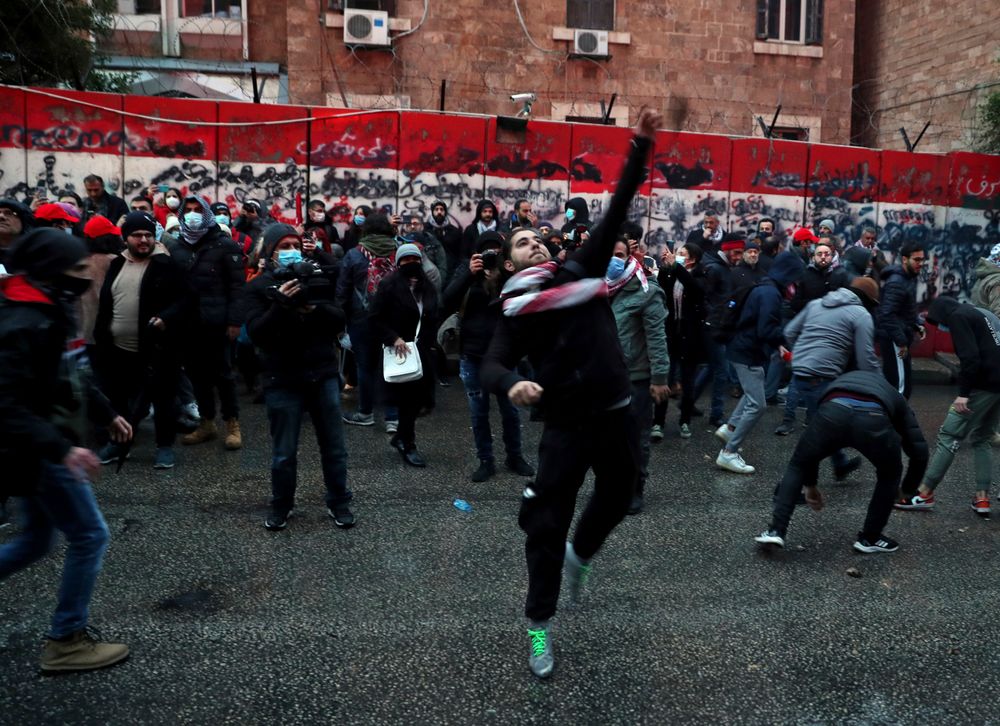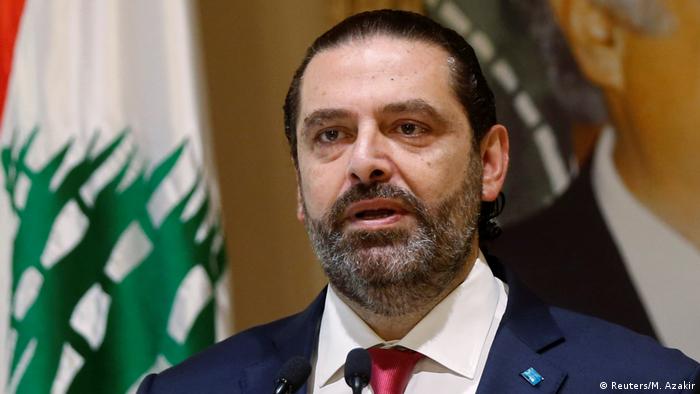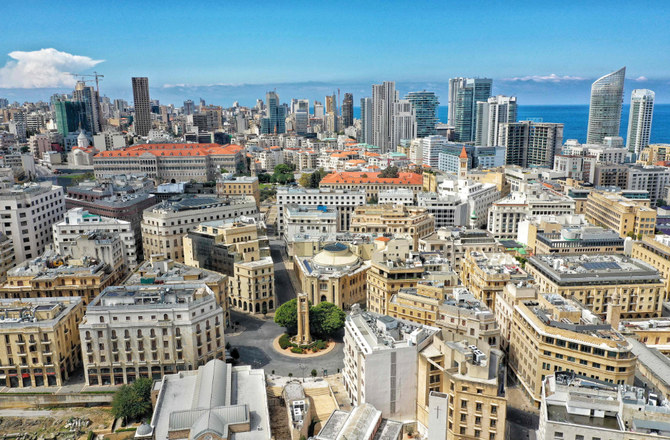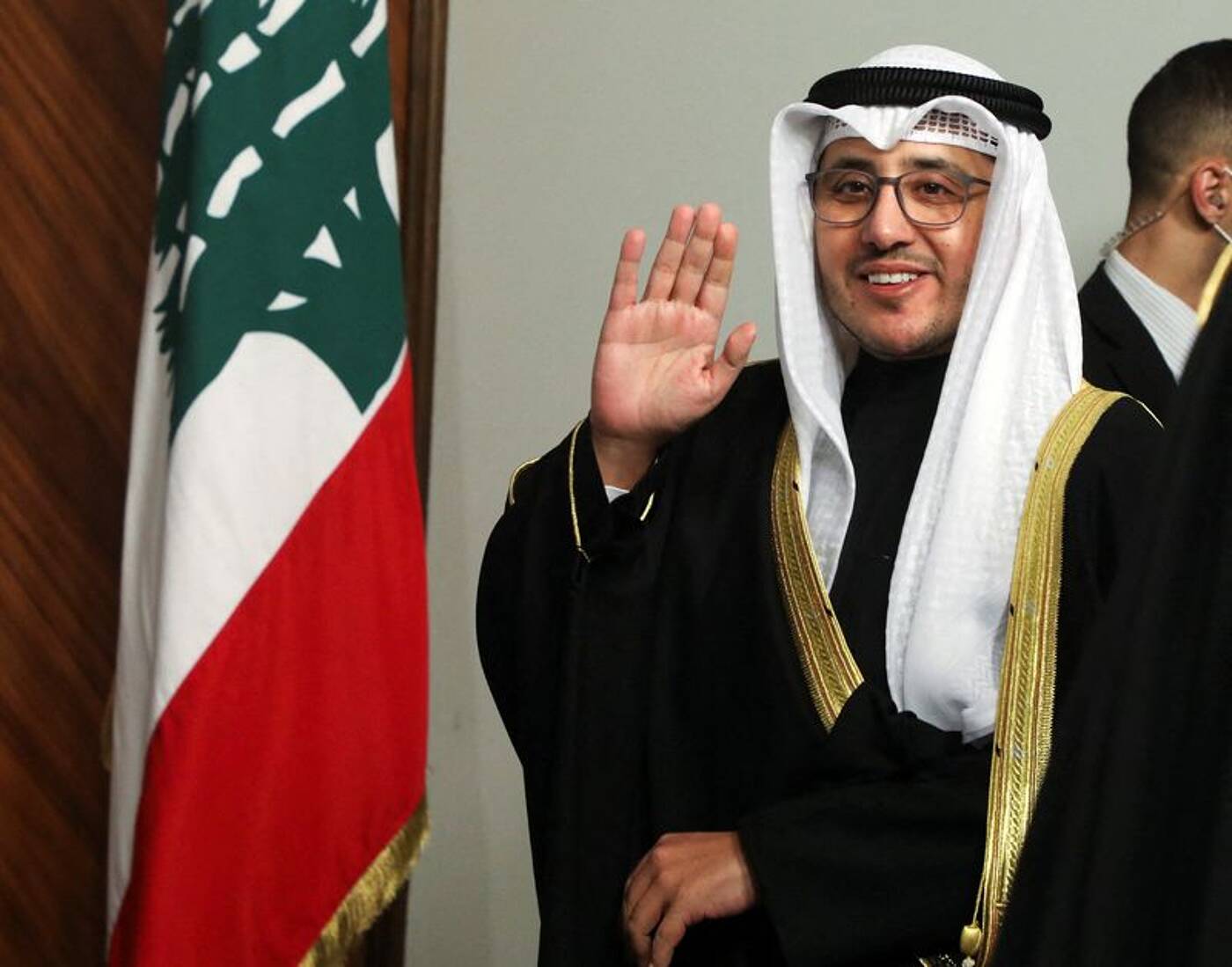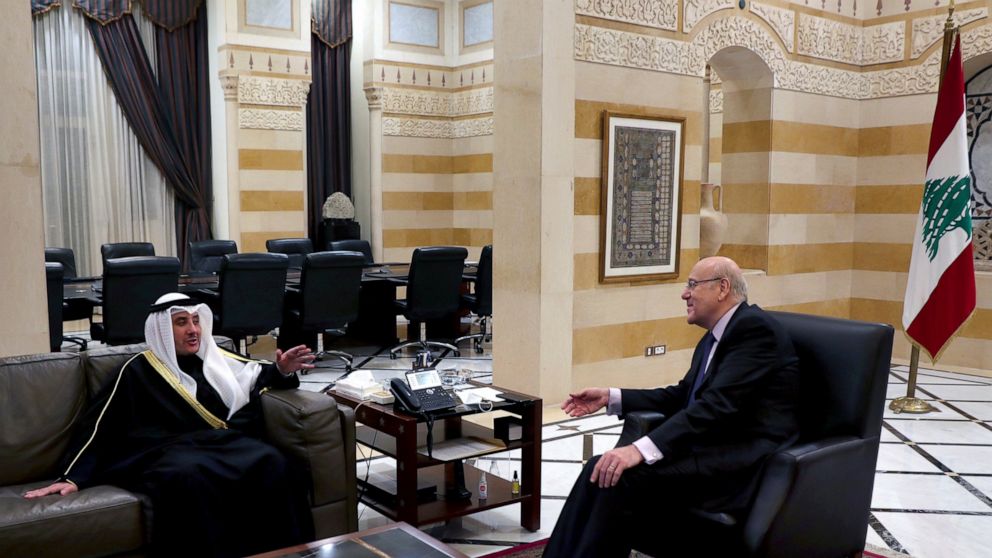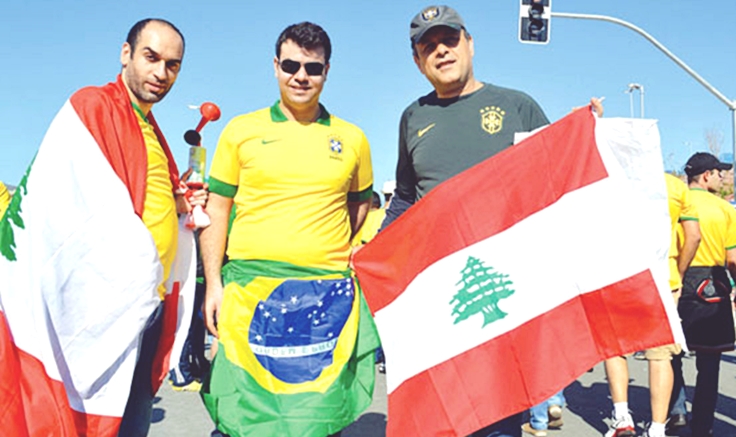
By EDUARDO CAMPOS LIMA — arabnews.com — SAO PAULO: The ongoing Lebanese socioeconomic crisis, and the devastating explosion at the Port of Beirut in August 2020, have led many Lebanese Brazilians to show greater interest in the Arab country’s affairs. Over the past couple of years, Lebanese Brazilians — whose numbers are estimated at between 3 million and 10 million — have promoted drives to assist Lebanon’s people, and have become more involved in its politics. This trend was intensified by a campaign launched in 2021 by the Lebanese Embassy in Brasilia to encourage Lebanese citizens living in Brazil to register to vote in elections scheduled for May. “Many Lebanese Brazilians know very little about Lebanon. But now I think people are more conscious and trying to be informed,” said trader Nagib Makhlouf, 69, who was born in Brazil but has Lebanese citizenship. He has already taken part in three Lebanese elections: Two in the country — he used to visit to see his mother, who lived there — and one from Brazil. “Lebanon is in such bad shape that many people in Brazil are outraged with the situation. I know a group of 10 Lebanese Jews who decided to register and vote for the first time,” Makhlouf said.
Lebanese-born Lody Brais, a community leader who helped publicize the embassy’s campaign, said more and more young Lebanese Brazilians have been manifesting their wish to get involved with Lebanon and help it overcome its crises. “The diaspora’s vote may help change Lebanese politics. People have lost confidence in politicians,” added Brais, who helped collect food and medicines to be donated to Beirut after the explosion. “Many descendants who have relatives there sent them money. Everybody was concerned for the victims.” At the time, lawyer Hanna Mtanios Hanna Jr., honorary consul of Lebanon in the Brazilian city of Goiania, received dozens of calls during his COVID-19 confinement from people who wanted to do something to help Beirut. “Grandchildren and great-grandchildren of Lebanese immigrants would call me saying they had a family connection with the country and wanted to help. Since then, their ties with Lebanon have been growing,” he said.
